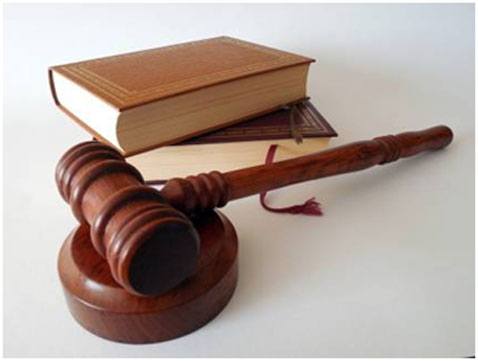Summary: A 2013 Harvard graduate claims the bar exam board violated the Americans With Disabilities Act by not giving her all the special accommodations she requested the first two times she took the test.
A Harvard Law graduate was given special accommodations for the bar exam due to her “cognitive impairments” twice and still failed. The third time with additional accommodations was the charm. Even though she now passed the test, she is suing the New York State Board of Law Examiners for not providing her with the accommodations she asked for during the first two attempts at the exam.
Tamara Wyche, a 2013 Harvard Law graduate, claims to suffer from anxiety and cognitive impairment from an ATV accident in 2009 where she suffered a head injury. She claims her resulting disabilities include a reading disorder, panic disorder, memory problems, difficulty concentrating for long periods of time, and cognitive impairments that cause her to have trouble with complex abstract problems. It took her five years to finish law school.
These impairments make it hard to believe she would have a successful career as a lawyer but she insists she could have an excellent legal career if she received the proper accommodations. She wanted to receive 50 percent more time to take the exam, a private room to take the test in, and untimed breaks during the exam. She claims Harvard provided her with all her requests, including an exemption from being cold-called in class.
The first time Wyche took the test in July 2013, she was placed in a smaller, not private testing room and given untimed breaks but not extra time to take the entire exam. She failed because she claims she suffered a panic attack. The second time in July 2014 she was given extra time, untimed breaks, and placed into a smaller room again. She failed again. The third time she was given double the amount of time to take the exam, managing to pass the test.
By failing the bar twice, Wyche claims she lost a major law firm job with a salary of $160,000. She has been unable to find good work since passing the exam. She has only been able to obtain temp work.
Her lawsuit claims the board violated the Americans With Disabilities Act, causing her tremendous harm. She is asking for unspecified compensation and wants her two failed attempts taken off her official record.
View a PDF of her complaint here.
Do you think Wyche should be able to claim that her lack of good employment is the board’s fault? Tell us your thoughts in the comments below.
To learn more about what it takes to be a successful attorney, read these articles:
- Two Things Attorneys Must Do to Be Successful
- Being a Successful Attorney Takes More Than Just Hard Work
- Attorneys Need Skill and Energy to Be Successful
Photo: commons.wikimedia.org









































